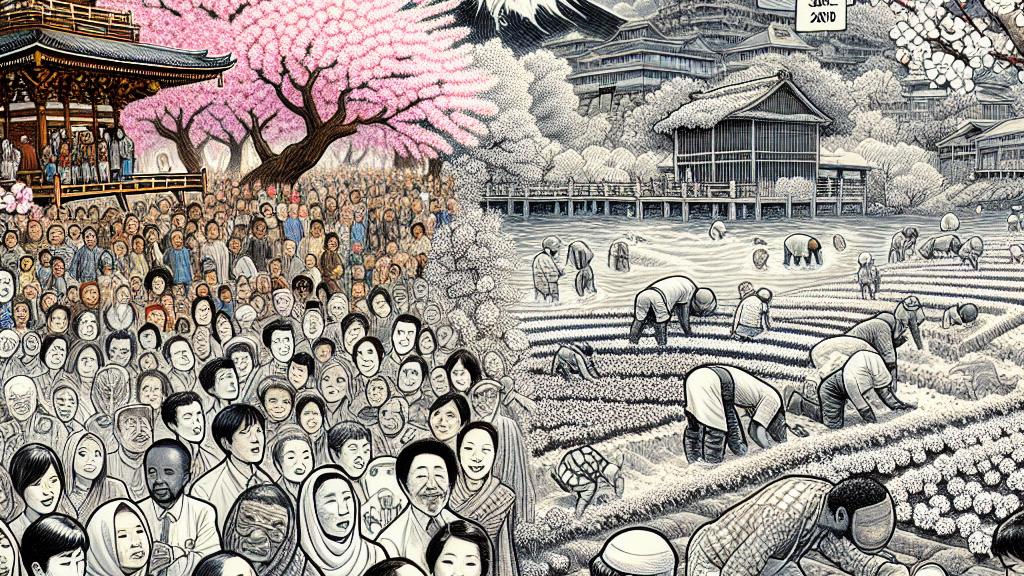Understanding How Climate Change Affects Our Calendars
Overview
- Climate change dramatically disrupts natural rhythms and cultural calendars.
- Legal systems often fail to protect intangible aspects of cultural heritage.
- Awareness and proactive adaptation are crucial to preserving traditions.

The Global Influence of Climate Change
The effects of climate change are rippling through our planet, altering not only the environment but also our perception of time itself. In many cultures, calendars are intricately linked to nature’s patterns, such as the blooming of flowers or the arrival of migratory birds. For example, the Cherry Blossom Festival in Japan is not merely a celebration of spring; it's a gathering that celebrates beauty, heritage, and community bonding. However, as weather patterns shift and temperatures rise, the cherry blossoms bloom unpredictably, disrupting this cherished festival. Similarly, farmers in diverse regions—from the lush fields of India to the vineyards of Italy—depend on seasonal cues to plant, cultivate, and harvest their crops. If these cues change drastically, both their livelihoods and cultural identities face significant threats.
Cultural Heritage Under Threat
Cultural heritage, a rich tapestry woven through generations, is now under unprecedented threat. Various indigenous tribes around the world, for instance, conduct traditional ceremonies that are deeply intertwined with specific times in nature. The Lakota Sioux in the United States hold significant events that align with seasonal changes. If climate change results in altered seasons, these ceremonies risk losing their meaning, which could lead to a gradual disappearance of cultural practices. This loss transcends mere traditions; it eliminates important connections to history and identity. Take, for example, Mexico's Day of the Dead celebration, where families honor their ancestors using vibrant marigolds. If climate change disrupts agricultural cycles affecting these flowers' growth, it could undermine the very essence of the celebration, leading us to lose a precious part of our shared humanity's narrative.
Legal and Ethical Frameworks for Adaptation
In response to these challenges, developing robust legal frameworks is more crucial than ever. But it doesn't stop there; we need a holistic approach that bridges environmental and cultural needs. Imagine a world where laws are not only written to combat climate change but also designed to protect communities' traditional knowledge as they adapt. Policies that promote sustainable practices could empower communities, ensuring that their heritage is not just preserved but celebrated. Additionally, fostering collaborations between environmental organizations and cultural groups could pave the way for innovative solutions. Consider initiatives that educate younger generations about their cultural practices while integrating sustainable farming methods. By combining old knowledge with new practices, we not only safeguard cultural legacies but also foster a resilient community ready to face climate change together.

Loading...